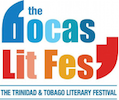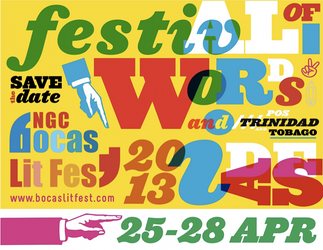
CaribLit is excited about the launch of our online Caribbean publishing directory, but that’s just one of the highlights.
This year’s festival features dozens of readings, lectures, film screenings, workshops for writers as well as the announcement of three major prizes: the 2013 OCM Bocas Prize for Caribbean Literature, which recognizes Caribbean writers of poetry, fiction, and non-fiction; the inaugural Hollick Arvon Caribbean Writers Prize, which supports an emerging Caribbean writer in completing a book; and the inaugural Henry Swanzy Award for Distinguished Service to Caribbean Letters, an annual lifetime achievement award recognising service to Caribbean literature by editors, publishers, critics, and broadcasters.
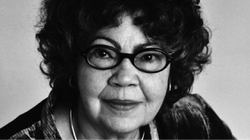
The month-long KFC Children’s Bocas Lit Fest, which features storytelling events for young people reaches its peak during the festival weekend, with readings by children’s authors, writing workshops and storytelling sessions.
See the full Bocas schedule.

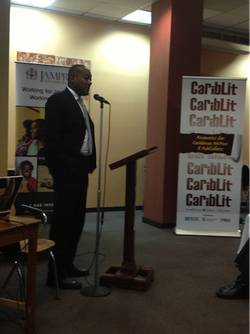
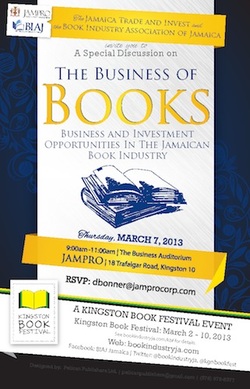
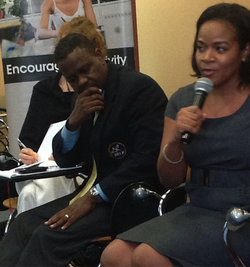
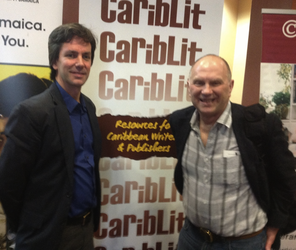

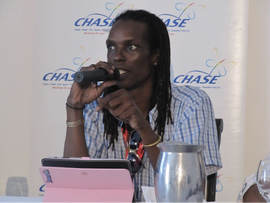

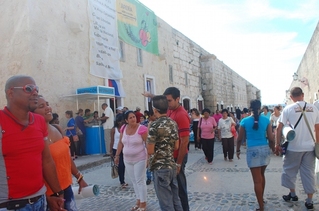
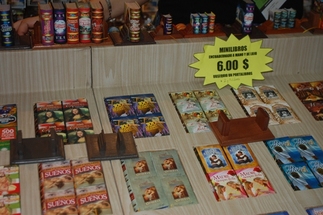
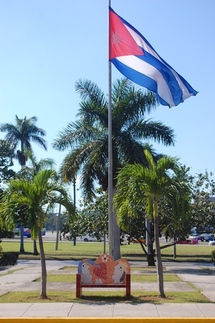
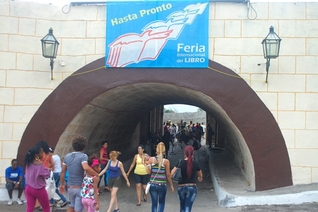
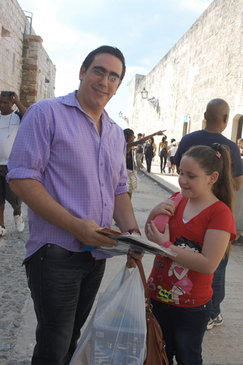
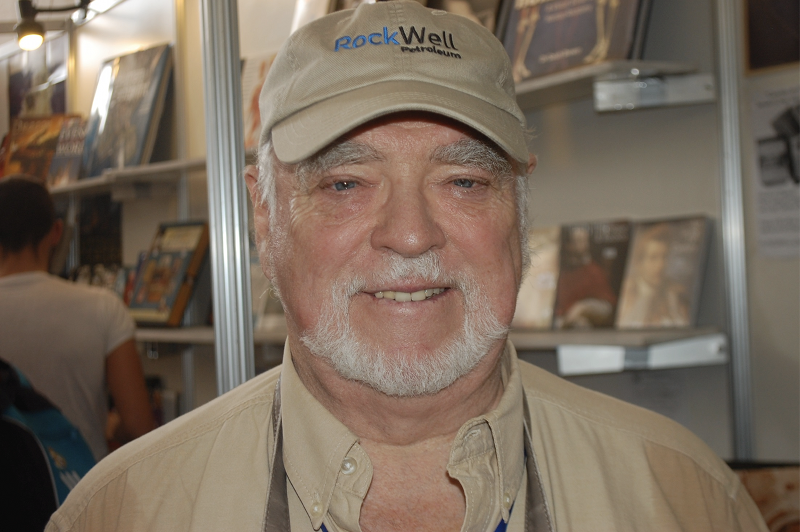
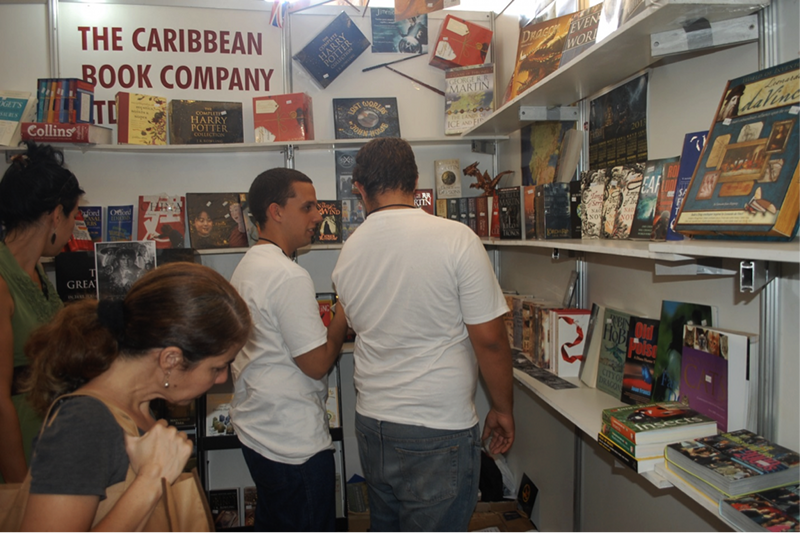
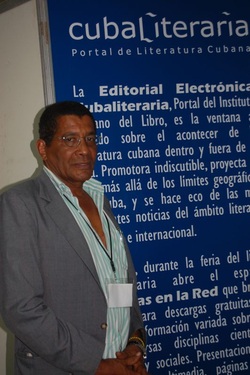
 RSS Feed
RSS Feed

